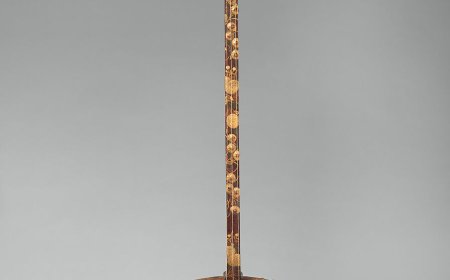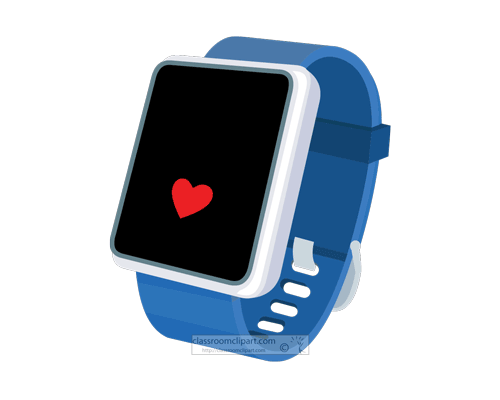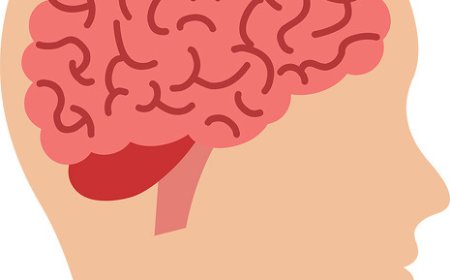The Digestive System for Students: What It Does and Why It Matters
Discover what the digestive system does and why it's so important in this student-friendly guide. Learn how your body breaks down food and uses nutrients to grow and stay healthy. Includes quiz and kid summary.
🍎 The Digestive System: What It Does and Why It Matters
Every time you eat something—a slice of pizza, an apple, or a bowl of cereal—your body gets to work. It begins a complex process that breaks the food down into smaller parts so your body can use it. This amazing process is called digestion, and it’s made possible by your digestive system.
The digestive system is a long, twisting tube made up of organs, muscles, and special chemicals that work together to turn food into fuel. From the moment you chew your first bite to the moment your body gets rid of waste, the digestive system is working nonstop—breaking, mixing, absorbing, and delivering nutrients.
🧪 What Does the Digestive System Do?
The main job of the digestive system is to:
- Break food into smaller parts (digestion)
- Absorb nutrients that your body needs
- Get rid of waste your body doesn’t need
Nutrients from food give your body:
- Energy to move and think
- Materials to grow and repair cells
- Tools to fight off sickness and stay balanced
Without your digestive system, your cells wouldn’t get the fuel they need to keep you alive and healthy.
🛤️ How the Digestive System Works
The digestive process happens in steps, and each organ has a special role.
- Mouth – Where digestion begins. You chew food and mix it with saliva, which starts breaking it down.
- Esophagus – A tube that pushes food from your throat to your stomach.
- Stomach – A strong muscle that churns food and mixes it with acid to break it down further.
- Small intestine – Where most digestion happens. Food is broken into tiny bits and nutrients are absorbed into the blood.
- Large intestine – Absorbs water and forms waste (poop).
- Anus – The end of the system, where waste leaves the body.
The digestive system is about 30 feet long, and food can take anywhere from 1 to 3 days to complete its journey.
🧠 Why Is Digestion So Important?
Without digestion, you wouldn’t be able to:
- Grow properly
- Repair injuries
- Think clearly
- Run, play, or sleep
- Fight germs or stay warm
Digestion turns a sandwich into brain power, muscle energy, and healthy cells. It’s the system that powers every part of your body!
⚙️ What Helps the Digestive System Work?
The digestive system is more than just a set of tubes. It also includes:
- Saliva – Made in your mouth, it helps break food down early
- Stomach acid – Helps break down proteins and kill germs
- Liver and pancreas – Organs that make chemicals to digest fat, sugar, and protein
- Bacteria – Tiny good microbes in your gut that help break down food and keep your intestines healthy
🧃 What Happens to Nutrients?
Once your food is digested, your body absorbs:
- Carbohydrates for quick energy
- Proteins to build muscles and cells
- Fats to store energy and protect organs
- Vitamins and minerals for healthy skin, bones, blood, and brain
These nutrients are carried by the blood to every part of your body. What’s left over becomes waste and leaves your body when you go to the bathroom.
🎉 Fun Facts About the Digestive System
- Your body makes 1 to 3 pints of saliva every day
- The stomach can hold about 1 liter of food
- It takes about 6–8 hours for food to leave your stomach
- Your intestines are about 25 feet long
- Good bacteria in your gut outnumber your body’s cells!
🧠 Vocabulary
- Digestion – The process of breaking down food into nutrients
- Nutrients – Substances in food that your body needs to grow and stay healthy
- Esophagus – A tube that moves food from your mouth to your stomach
- Stomach – An organ that churns and breaks down food
- Small intestine – A long tube that absorbs most nutrients
- Large intestine – Absorbs water and forms waste
- Saliva – Liquid in your mouth that helps break down food
- Enzymes – Special proteins that help digest food
- Liver – An organ that helps digest fats and removes toxins
- Bacteria – Tiny living things that help your gut stay healthy
✅ Interactive Quiz: Digestive Detective!
1. What is the main job of the digestive system?
A. Pump blood
B. Break down food and absorb nutrients
C. Help you breathe
D. Protect your skin
Correct Answer: B
2. Where does digestion start?
A. Stomach
B. Mouth
C. Small intestine
D. Lungs
Correct Answer: B
3. What organ absorbs most nutrients?
A. Liver
B. Stomach
C. Small intestine
D. Esophagus
Correct Answer: C
4. What does saliva do?
A. Helps you talk
B. Helps break down food
C. Helps you breathe
D. Protects your eyes
Correct Answer: B
5. What does the large intestine do?
A. Absorbs oxygen
B. Absorbs water and forms waste
C. Fights bacteria
D. Pumps blood
Correct Answer: B
🧒 Kid-Friendly Summary
Your digestive system turns food into fuel for your body. It starts in your mouth, travels through your stomach and intestines, and finishes by getting rid of waste. Digestion helps your body grow, heal, and stay strong—all thanks to the amazing work of your digestive system!





















































